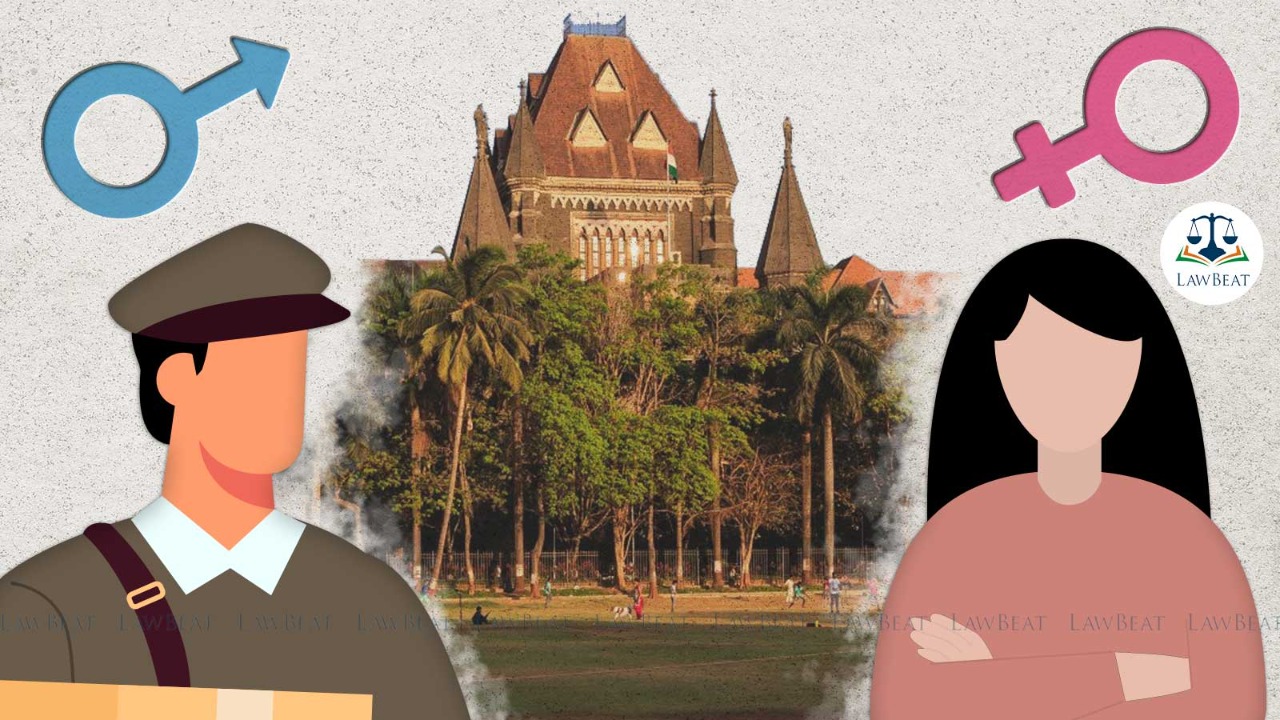Both husband & wife can claim “alimony” under Sec. 25 HMA: Bombay High Court directs wife to pay interim maintenance

The Bombay High Court has upheld a lower court order whereby a husband had been held entitled to interim maintenance to be paid by his wife during pendency of the proceedings under Section 25 of the Hindu Marriage Act, 1955 (the Act).
Importantly, refusing to agree with the argument that directing a woman to pay maintenance to her husband after divorce would amount to travesty of justice, Court observed that Section 25 has to be looked upon as a provision for a destitute wife/husband and it will have to be construed widely so as to salvage the remedial entailments.
Regarding the Lower Court's decision, the bench of Justice Bharati Dangre held that "it is open for the court to decide over the claim of a Husband seeking interim monthly maintenance under Section 24...during the pendency of claim under Section 25 of the Act."
Therefore, Court opined that "the claim under Section 24 had been rightly entertained by the Judge, whereas, the husband had been held entitled to interim maintenance while the proceedings under Section 25 are pending."
The order has come on a petition filed by a woman challenging two orders of the 2nd Joint Civil Judge whereby she had been directed to pay interim maintenance of Rs. 3000 per month to her husband during the pendency of the plea under section 25 of the Act.
The lower court had also directed for deduction of Rs. 5,000 per month from the monthly salary of the woman and to send the said amount to the court till further orders towards the recovery of arrears of unpaid maintenance since August 2017.
Notably, after 23 years of marriage, the couple was divorced in 2015. After the divorce, the husband filed a petition seeking perpetual alimony of Rs 15,000 per month from the wife under section 25 of the Act which is still pending.
He had alleged that he did not have any source of income while his wife was an M.A., B.Ed. and is employed at a University. He had also cited his ill health and possession of no immovable properties.
He had also claimed that in order to encourage the wife to obtain the degree, he managed the house, keeping aside his own ambition. Moreover, he alleged that the divorce has caused him great embarrassment.
Meanwhile, he also filed an application under section 24 of the Act seeking interim maintenance on which the Civil Court passed the order for interim maintenance to be paid by the wife.
Before the high court, the counsel appearing for the woman argued that "by directing the wife to pay maintenance to the husband after the dissolution of marriage by a decree of divorce, would amount to travesty of justice and once the relationship between the husband and wife is severed by a decree of divorce, there cannot be any claim made by any one of them against each other."
However, the counsel appearing for the husband contended that "the provision contained in Section 25 of the Act of 1955 do not depend upon the outcome of the relationship subsequent to divorce, since the section use the word “at any time subsequent thereto” and therefore, the embargo that the applicant as the husband, after dissolution of marriage cannot be denied, the benefit flowing from Section 25 of the Act of 1955.
After going through the language of Section 24 and 25 of the HMA the bench observed that "a conjoint reading of both the provisions, would reveal that both the sections in the Act of 1955 are enabling provisions and confer a right on the indigent spouse to claim maintenance either pendente lite or in the nature of permanent alimony and maintenance."
The bench further noted that "the provision of maintenance / permanent alimony being a beneficial provision for the indigent spouse, the said section can be invoked by either of the spouse, where a decree of any kind governed by Sections 9 to 13 has been passed and marriage tie is broken, disrupted or adversely affected by such decree of the court. The scope of Section 25 of the Act of 1955 cannot be constricted by not making it applicable to a decree of divorce being passed between the husband and wife."
Case Title: Bhagyashri Vs. Jagdish
